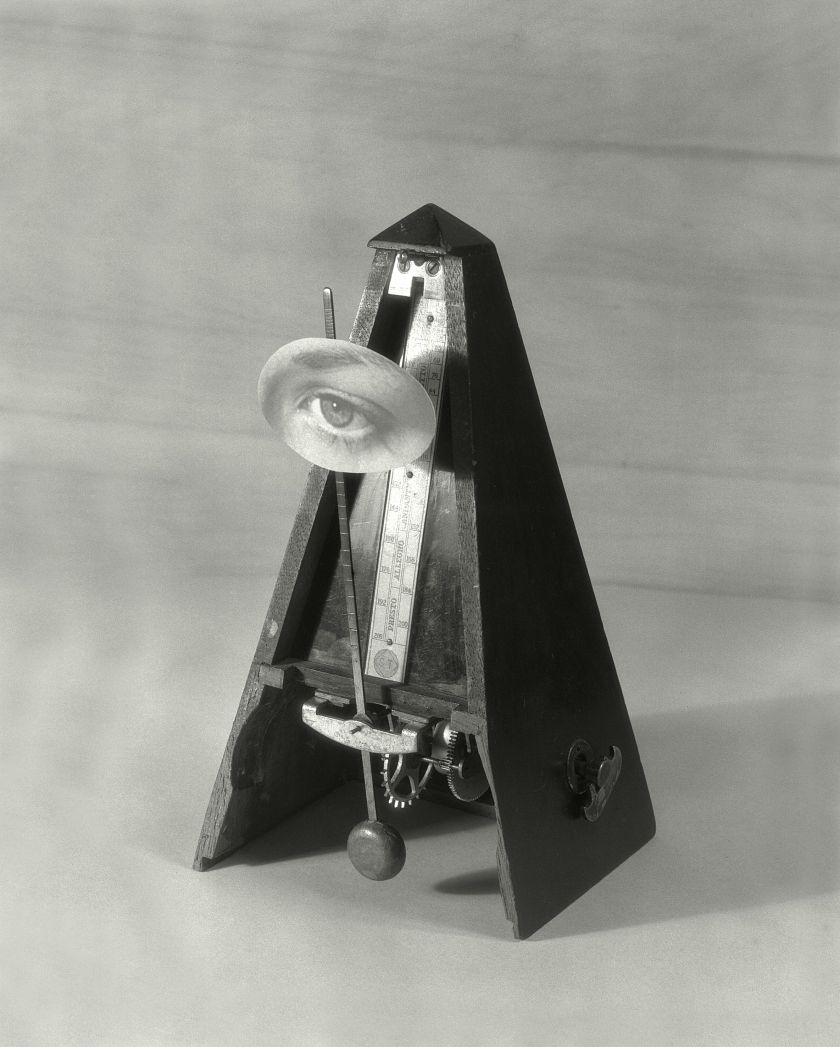
Man Ray, Object to be destroyed, 1923, © Man Ray 2015 Trust / ADAGP — Bildrecht, Wien — 2020, Foto: Telimage, Paris
b-a-c-h is the beginning and end of all music
Max Reger
Bach’s legacy keeps musicologists busy to this day, with occasional attempts to fathom his music by aligning it with the strict laws of physics. Its secret is timelessness while simultaneously remaining tied to its own time; ruled by the logic of its harmonic progressions, it forms the pinnacle and endpoint of the polyphonic tradition. In other words: Bach embraces everything that came before him in terms of composition, and his contrapuntal polyphony unites intellect and emotion in a unique way. Bach’s music is recognizable after mere seconds. It gathers force as it proceeds and has a powerful impact on us.
However, reason alone is not enough to grasp the phenomenon of Bach. Mendelssohn’s composition teacher Carl Friedrich Zelter, whose lifetime coincided with the Enlightenment, regarded Bach as a manifestation of God: ‘Clear, but inexplicable.’ And Friedrich Nietzsche, who declared that God was dead, also had to concede that Bach’s music of the soul sparked a light within Protestantism. Bach’s proponents continued to liken the composer to a ‘Gothic master builder’ well into the 20th century. His music strives for the heavens and reclaims a sense of the transcendental for our secular times. It could well be that not all musicians believe in God, as Mauricio Kagel once famously said, but they all believe in Bach.

